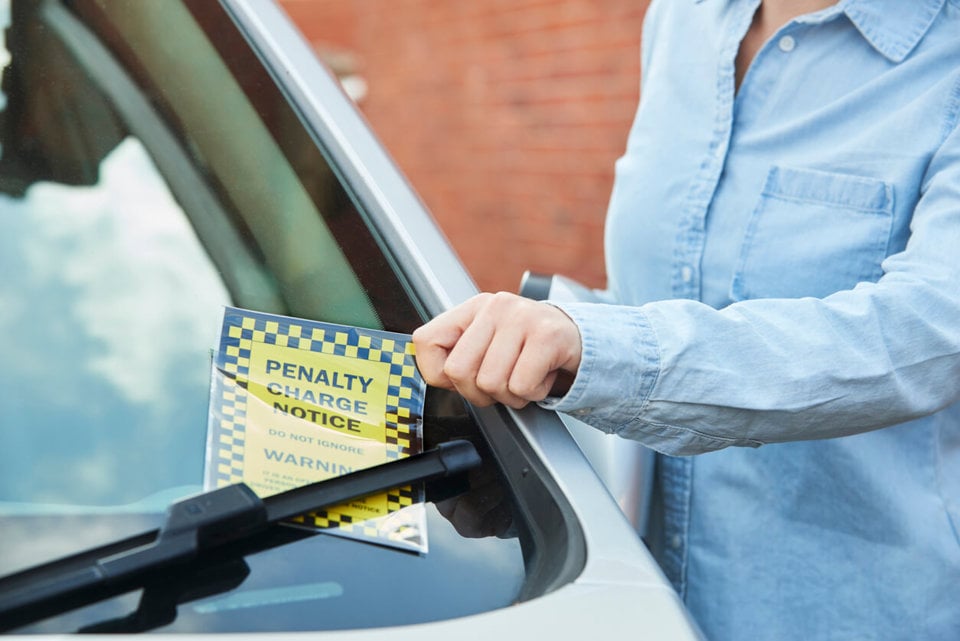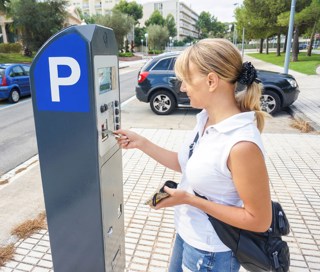Business drivers and private motorists face being hit with a record-breaking number of private parking tickets this year, new research suggests.
From April to July, the first quarter of the 2018-19 financial year, private parking companies requested 1,479,152 sets of vehicle keeper records from the Driver and Vehicle Licensing Agency (DVLA).
That equates to a parking ticket being issued, on average, every five seconds – the equivalent of more than 11 per minute, 677 per hour and 16,254 per day. It is also a 14% rise on the 1,299,716 sets of records bought in the same quarter of 2017-18.
The data is used by the firms to pursue motorists for charges and penalties that they say are due for infringements in private car parks such as those at shopping centres, leisure centres and motorway service areas.
At the current rate, the DVLA is on course to share a total of almost 6.5 million sets of records with private parking firms by the end of 2018-19, up from 5.65 million in 2017-18.
“Motorists might well be asking what is going on when the number of records being sought by private parking companies has shot up yet again,” said Steve Gooding, director of the RAC Foundation.
“Numbers like these suggest that something, somewhere, is going wrong.”
In July, Capita agreed to sell ParkingEye to Macquarie for £235 million. This is more than four times the £58m Capita paid for ParkingEye back in 2013.
Analysis by the RAC Foundation shows that the biggest purchasers of data in the first quarter of 2018-19 were: ParkingEye – 388,061 sets of vehicle keeper records; Euro Car Parks – 125,322; and Smart Parking – 114,217.
To access DVLA data, parking firms currently need to be members of an accredited trade association of which there are two: the British Parking Association (BPA) and the International Parking Community (IPC).
These bodies each have their own code of practice and independent appeals service.
However, East Yorkshire MP Sir Greg Knight has a private members’ bill before Parliament, which aims to introduce a single, Government-sanctioned code of practice all parking firms will have to adhere to if they want to request DVLA information.
The bill passed its committee stage in the House of Commons in July.
The next step is the House of Commons report stage which is scheduled for November 23.
Gooding said: “Drivers will be pleased that Sir Greg Knight’s bill has cleared another parliamentary hurdle in the hope that it won’t be too long before some much-needed regulatory oversight is brought to bear on the industry.”
However, the BPA claims that the RAC Foundation figures do not tell the whole story. It says that a whole range of factors can lead to an increase in requests from the DVLA and it’s not just related to the number of tickets issued.
Kelvin Reynolds, director of corporate and public affairs at the BPA, said: “There are many reasons why the number of DVLA data requests can rise and this includes multiple requests for the same vehicle. However, four out of five motorists never get a parking ticket.”
Multiple requests might be made to ensure that the purchaser of a used car isn’t contacted about parking tickets they didn’t incur, says the BPA.
“This is sensible and protects innocent motorists,” said Reynolds.
With 35 million cars on Britain’s roads and millions more parking acts taking place every day, Reynolds argues that the vast majority do so without incident.
He added: “Parking is managed fairly and responsibly to make sure we can all access the shops, leisure facilities, hospitals and supermarkets that might otherwise become congested.”
In response to Knight’s private members’ bill, the BPA says its existing code of practice already sets high standards for its members, but it hopes that the bill will deliver the consistency required across the board.






















Login to comment
Comments
No comments have been made yet.